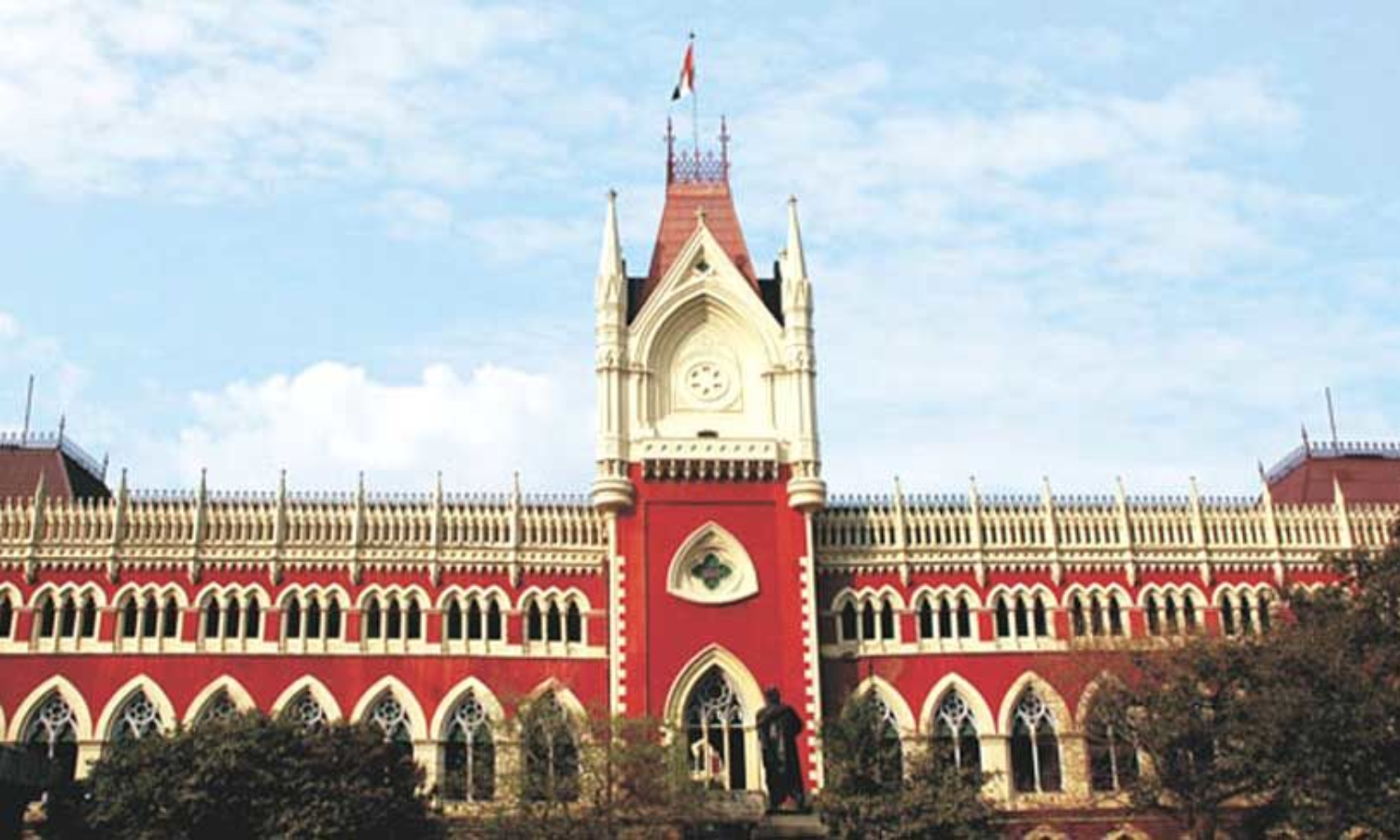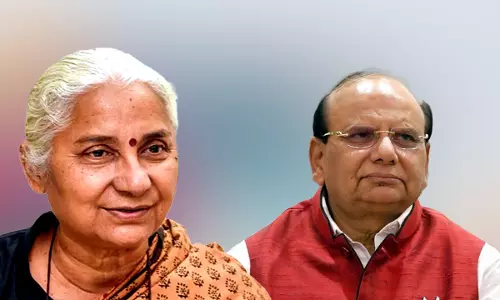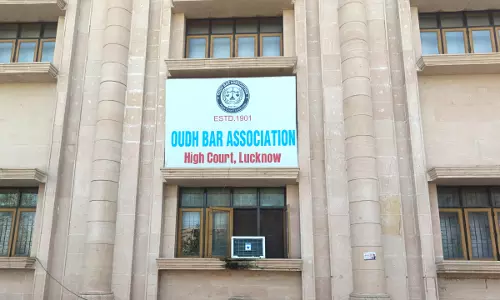Custodial Death Allegations| 'Violation Of Article 21, Lalita Kumari Guidelines': Calcutta HC Orders Magistrate To Register Complaint Against Cops

While adjudicating upon an alleged custodial death case, the Calcutta High Court recently ruled that the concerned police authorities had violated Article 21 of the Constitution by not abiding by the guidelines laid down by the Supreme Court in Lalita Kumari vs. State of Uttar Pradesh (2014) as well as provisions of the Code of Criminal Procedure (CrPC). Accordingly, the Court ordered...
While adjudicating upon an alleged custodial death case, the Calcutta High Court recently ruled that the concerned police authorities had violated Article 21 of the Constitution by not abiding by the guidelines laid down by the Supreme Court in Lalita Kumari vs. State of Uttar Pradesh (2014) as well as provisions of the Code of Criminal Procedure (CrPC).
Accordingly, the Court ordered the concerned Magistrate to conduct an inquiry under Section 202 of the CrPC into the custodial death case. In the instant case, the deceased was called to the police station without serving him any notice, which, the court termed to be a violation of the Supreme Court's guidelines in the case of Lalita Kumar (supra).
In its 20-page order, the bench of Justice Hiranmay Bhattacharyya observed thus:
“..this Court is of the considered view that the respondent police authority while calling the husband of the petitioner to attend the police station has acted in gross violation of the provisions of the Code and also the direction in Lalita Kumari (supra). This Court accordingly holds that Article 21 has been violated in the case on hand.”
The Court was adjudicating upon a writ petition filed by the wife of the deceased alleging custodial death. It had been contended that provisions of the CrPC had been violated by the concerned police officers when the deceased was called to the police station to conduct an inquiry into a criminal complaint registered against him.
The Court was also apprised that the deceased had been threatened to be arrested if he failed to visit the police station within two hours.
Upon perusal of the record, Justice Bhattacharyya noted that the decision taken by the police authorities to conduct an inquiry against the deceased had not been recorded in the General Diary. The Court also took into consideration that the deceased had been called to the police station without serving any notice or order upon him.
Placing reliance upon Section 41A of the CrPC which mandates the service of notice to the person against whom a complaint has been made as well as Section 160 of the CrPC which contemplates an order in writing to be served in case the police officer requires attendance of such a person, the Court remarked,
“None of the aforesaid provisions have been complied with in the instant case. Furthermore, the direction passed by the Hon’ble Supreme Court of India in Lalita Kumari (supra) that the decision to conduct an enquiry has to be recorded has also not been followed.”
In this case, the wife of the deceased had also alleged that the police authorities had refused to register an FIR on the basis of her complaint against the accused police officers for the custodial death of her husband.
Observing with dismay that such inaction on the part of the police authorities reflect that they are trying to ‘hide the real facts' from the Court, Justice Bhattacharyya underscored,
“The manner in which the respondent police authorities have acted in the case on hand gives an impression in the mind of this Court that the police authorities are not ready to take steps on the basis of the complaint of the writ petitioner as the allegations were directed against the police officers. It appears to this Court that the police authorities have proceeded to act in a manner so as to hide the real facts from the Court rather than to unearth the real facts.”
Accordingly, the Court directed the concerned Magistrate to register a complaint under Section 200 of the CrPC and to make an inquiry into the custodial death case.
“This Court, therefore, feels that the interest of justice would be subserved if the Court of a Magistrate of competent jurisdiction is directed to register a complaint under Section 200 of the Code and to proceed thereafter in accordance with law”, the Court added.
The police authorities were also instructed to preserve the CCTV footage of the incident for the purpose of investigation.
Case Title: Shipra Dey v. The State of West Bengal & Ors
Case Citation: 2023 LiveLaw (Cal) 23
Click Here To Read/Download Order




